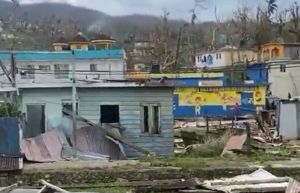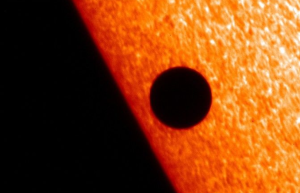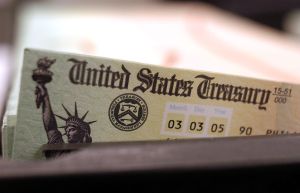Russian President Vladimir Putin said Saturday during a speech to the Arab League summit participants that Russia will continue to aid Palestine in its quest to become an independent state with a capital in East Jerusalem.
"Russia will continue contributing to the attainment of this goal [Palestine's independence], working through bilateral channels and through multilateral channels, including in the 'Quartet' of international mediators," Putin said, reported Sputnik News.
The 'Quartet' of international mediators - Russia, the United States, the United Nations and the European Union - was established in 2002 to help bring about a long-term peace agreement between Israel and Palestine.
In February, the group voiced concern about the slow pace of reconstruction in Gaza following last year's war, and urged for negotiations to resume as soon as possible.
"The Quartet is deeply concerned over the difficult situation in Gaza where the pace of reconstruction needs to be accelerated to address the basic needs of the Palestinian population and to ensure stability," the diplomats said, calling for donors to disburse the $5 billion in aid for the Palestinians that was pledged last year to repair damages, Reuters reported.
Putin told the Arab League summit on Saturday that there needs to be closer cooperation with the Quartet, and emphasized Moscow's willingness to cooperate with the efforts.
The Palestinians have pressed for the creation of an independent state in the West Bank and Gaza Strip since Israel took over Palestine territories after the 1967 war, but Israel has resisted and the United States has routinely used its veto power in the United Nations to fend off any U.N. resolutions that would establish two states. The last two-state U.N. resolution was rejected in December, with only the U.S. and Australia voting against Palestinian statehood.
French Foreign Minister Laurent Fabius said on Friday that France also plans to start discussions with partners in the coming weeks on a new U.N. resolution to provide Palestine its own state, reported The Jerusalem Post.
"I hope that the partners who were reluctant will not be reluctant anymore," Fabius said, referring to the United States' long-standing policy of protecting Israel from any U.N. action.
Following Israeli Prime Minister Benjamin Netanyahu's recent pre-election comments that he would block the creation of Palestinian state - a reversal from conditions he laid out in a 2009 speech - the Obama administration, in an unprecedented move, said it would "reassess" its diplomatic protection of Israel at the U.N.
Netanyahu later clarified that he still supports a two-state solution, but said the implementation is not possible right now.
White House spokesman Josh Earnest commented on Netanyahu's reluctance, saying, "Steps that the United States has taken at the United Nations had been predicated on this idea that the two-state solution is the best outcome. Now our ally in these talks has said that they are no longer committed to that solution. That means we need to re-evaluate our position in this matter, and that is what we will do moving forward," reported the International Business Times.
© 2025 HNGN, All rights reserved. Do not reproduce without permission.








